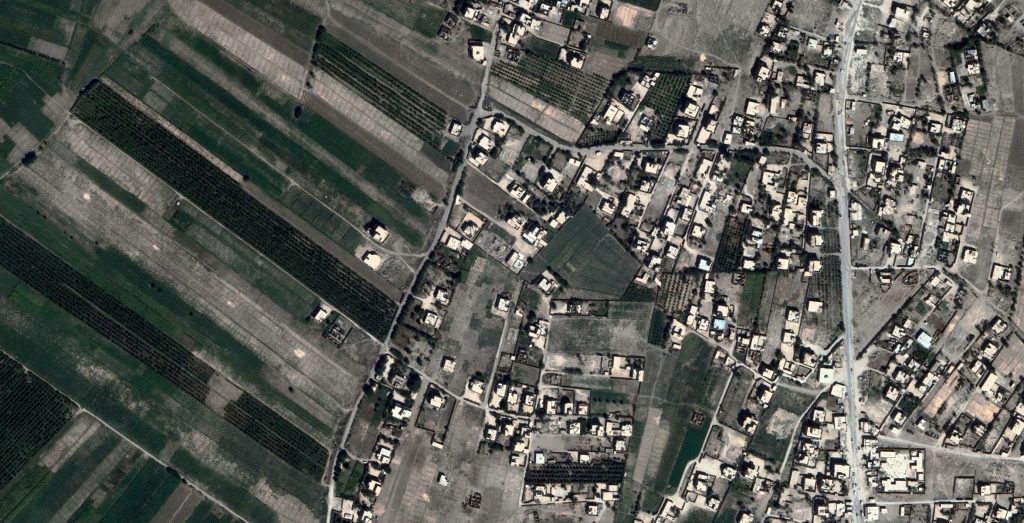Case brought to contest Ministry of Defence’s lack of transparency on civilian harm processes

On Wednesday November 29th, the London-based civilian harm watchdog Airwars will take the UK government to a tribunal. The session is to appeal against the refusal of the Ministry of Defence and the Information Commissioner to release any details about the single civilian casualty that the UK has admitted in the past decade.
In eight years of bombing the so-called Islamic State in Iraq and Syria, the UK claims to have killed more than 4,000 ISIS militants but only one civilian. In the same timeframe, the US has accepted responsibility for causing the deaths of more than 1,000 civilians.
A strike on March 26, 2018 remains the only time the UK government has officially accepted harming civilians. The Minister of Defence told parliament in May 2018 that “[d]uring a strike to engage three Daesh fighters, a civilian motorbike crossed into the strike area at the last moment and it is assessed that one civilian was unintentionally killed.”
Since then the MoD has refused to release even basic details about the incident – including the location, how it reached that designation and rejected other allegations of civilian harm, and who made the ultimate decision that the allegation was ‘credible.’
Airwars’ head of investigations Joe Dyke first filed a Freedom of Information (FOI) case requesting such details in early 2021. The Ministry of Defence rejected it, saying that releasing this information would threaten national security.
In the past three years a number of developments have made the UK’s refusal look even less transparent.
The tribunal, in which Airwars is represented by Leigh Day solicitors and barrister Will Perry of Monckton Chambers, will be a vital opportunity to review whether the British public is allowed to understand how the UK decided whether those killed in their name are militants or civilians. Without this oversight, the UK will remain far behind its allies when it comes to transparency on civilian harm.
Emily Tripp, director at Airwars, said: “This tribunal is vital for the sake of basic military transparency. We still have no understanding as to how the UK military assesses whether or not their actions harmed civilians. The UK government insists that even a minimal level of transparency and openness would threaten national security.”
We are only asking for the UK to follow its allies in showing the public how these assessments are made. Without such transparency, there is no legitimacy to the Ministry of Defence’s claim that it only killed one civilian in the war against ISIS – which erodes public trust in our military institutions.”
“Our clients are concerned with a fundamental lack of transparency in how the UK assesses the risk to civilians of its air strikes before they are carried out, as well as how it investigates and assesses civilian harm after the event,” Erin Alcock of Leigh Day said. “Transparency in cases of civilian harm is vital to ensure accountability.”
The tribunal will take place in London on November 29th and 30th, with most of the open evidence to be heard on the 29th.
Journalists interested in covering tribunal that require further details can contact Joe Dyke, who led the initial appeal, on josephdyke [at] airwars.org